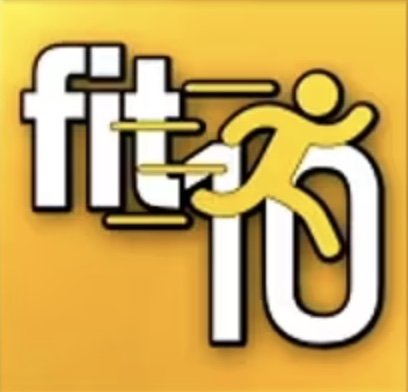The Truth About Heart Health
Conventional wisdom says that your heart needs endurance training to remain healthy. But heart attacks aren’t caused by a lack of endurance. Heart attacks typically occur at rest or at periods of very high cardiac output. Often there is a sudden increase in demand. A person lifts a heavy object, receives an unexpected emotional blow, etc. The sudden demand for cardiac output exceeds that heart’s capacity to adapt.
A recent Harvard study examined middle-aged men, exercise, and cardiovascular health. Researchers found that men who performed repeated short bouts of exercise reduced their heart disease risk by 100% more than those who performed long duration exercise.
Dr. Al Sears, M.D., author of Cardio is Dead, wrote the following…
“Jumping around for 45 minutes to an hour won’t boost your lung capacity, it won’t strengthen your heart—it won’t even help you lose weight. I can’t tell you how many times my patients have come to me thinking that aerobics and long-duration ‘cardio’ is the best and only way to improve their heart and lungs. NOTHING could be further from the truth!”
Dr. Al Sears, M.D., author of Cardio is Dead
In my presentations, many are shocked when I tell them that a marathon runner’s heart is smaller and weaker than the hearts of other athletes. Sprinters, for example, have the strongest hearts. In fact, a distance runner’s heart actually shrinks.
If your exercise primarily consists of steady state cardio, here’s the problem…
If you only exercise within your current aerobic limits, you do so without improving your aerobic capacity. In other words, you never push hard enough to stop to catch your breath. This kind of cardio exercise trains your body for endurance and efficiency, but you’ll have smaller muscles, a smaller heart and smaller lungs.
For running long distances that’s great, but for handling the kind of stress-events that typically cause cardiac arrest, that’s bad. Doing steady state cardio diminishes your heart’s and lung’s reserve capacity. Your reserve capacity is what your heart and lungs use to deal with stress. Injuries or physical trauma—these all demand reserve energy.
Reserve capacity means your heart has the ability to pump more blood, faster in times of stress. Reserve capacity for your lungs allows them to deal with high exertion like lifting, carrying, running fast or going up stairs. Without reserve capacity, you’re much more likely to drop dead from a heart attack when encountering stress.
The Solution
For a stress-proof-cardiac-arrest-resistant-heart, you need a strong heart. To build a strong heart simply exercise at a pace you can’t sustain for more than a short period. Researchers from the University of Missouri found that short bouts of exercise were more effective for lowering fat and triglyceride levels in the blood, and strengthening the heart.
I realize at this point you’re probably saying to yourself, “Are you kidding me? All those hours of cardio/aerobic exercise have been counterproductive for my heart and lungs?” “Certainly that can’t be right!” Well then, let me ask you a question. Have you ever seen a cheetah jogging? For that matter, have you ever seen any animal jog?
The animals that have the strongest hearts and lungs, and oh-by-the-way, the strongest and leanest bodies (as compared to a cow), are those animals, like cheetahs, whose physical exercise consists of; (A) short bursts of highly intense sprinting, in pursuit of their prey, and (B) after pouncing on their catch, continue their short-duration-high-intensity-strength-training by using every muscle in their body in a wrestling match. After all that (it usually takes around 10 to 15 minutes), they settle down for a big meal.
Notice that the preceding workout description was void of “cardio” or “aerobic” exercise. It was, rather, a brief but highly intense strength workout!
Therein lies the secret. You do not have to do cardio to have a lean strong body, and a strong stress-proof heart.

